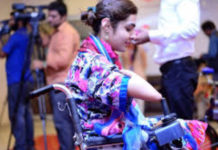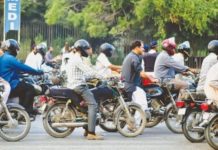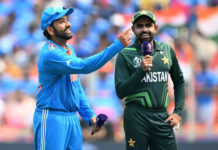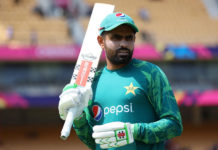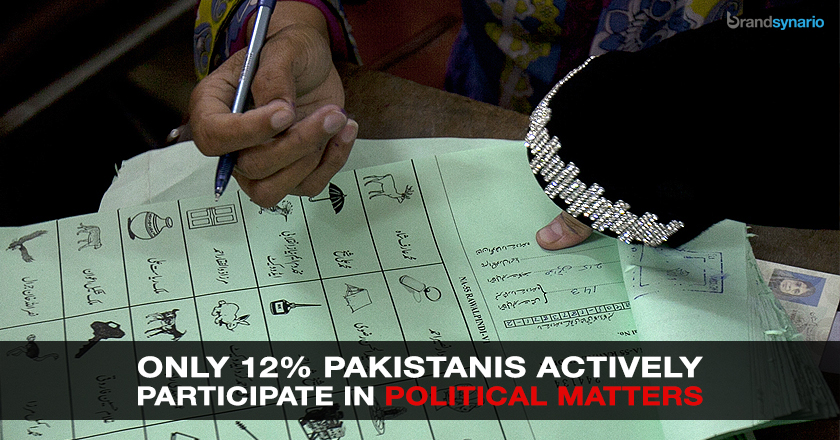The world has seen some major revolutions and political unrest during recent years by people of democratic nations fed up of their governments.
Pakistan, too, recently witnessed a major revolutionary movement by political leader, Imran Khan, to overthrow the government with the help of the disgruntled people of Pakistan. As big as this revolutionary fight may have appeared to the locals, Pakistan still ranks quite low at the political engagement front on the world map.
Pew Research Center conducted a survey recently which assessed the political engagement across 33 countries to reveal statistics like how each age category participates in politics, how education affects engagement and which regions have the highest political efficacy.
The research concluded that voting was considered the most useful form of participation across these countries and that Asia had the lowest participation rate at 24%.
Within Asia, while Bangladesh had the highest active participation rate of 65%, Pakistan ranked lowest at 12% only.
 The research further found out that educated people are more engaged and older people are more likely to vote. On the other hand, the younger lot is most active on online communities and social media platforms about politics and ongoing campaigns. Voting participation is highest in Asia, with 96% of the Thailand population having voted in the past and Pakistan again standing at the lowest at 69%.
The research further found out that educated people are more engaged and older people are more likely to vote. On the other hand, the younger lot is most active on online communities and social media platforms about politics and ongoing campaigns. Voting participation is highest in Asia, with 96% of the Thailand population having voted in the past and Pakistan again standing at the lowest at 69%.
Moreover, while we see our social media networks swarmed with political views, Pakistan’s online political engagement is the lowest too at only 2%.
The engagement rates have been linked to the political efficacy rate in the Pew Research report. Political efficacy measures the sum of people who believe that their government officials do care about what they have to say. Surprisingly, Asia ranks highest in this category.
However, the high political efficacy rate is attributed to Philippines, where 52% of the people think that their government cares about what they think. Pakistan, on the other hand, yet again is ranked lowest with only 10% people thinking that their government officials pay heed to what they have to say.
It should be noted that the survey was conducted in early 2014 and the figures are calculated on the basis of data obtained from April 15 to May 7, 2014.
Seeing the current situation in Pakistan, there is some hope that we might be looking at better political engagement numbers next year with the younger generation actively taking part in shaping their country’s future.



